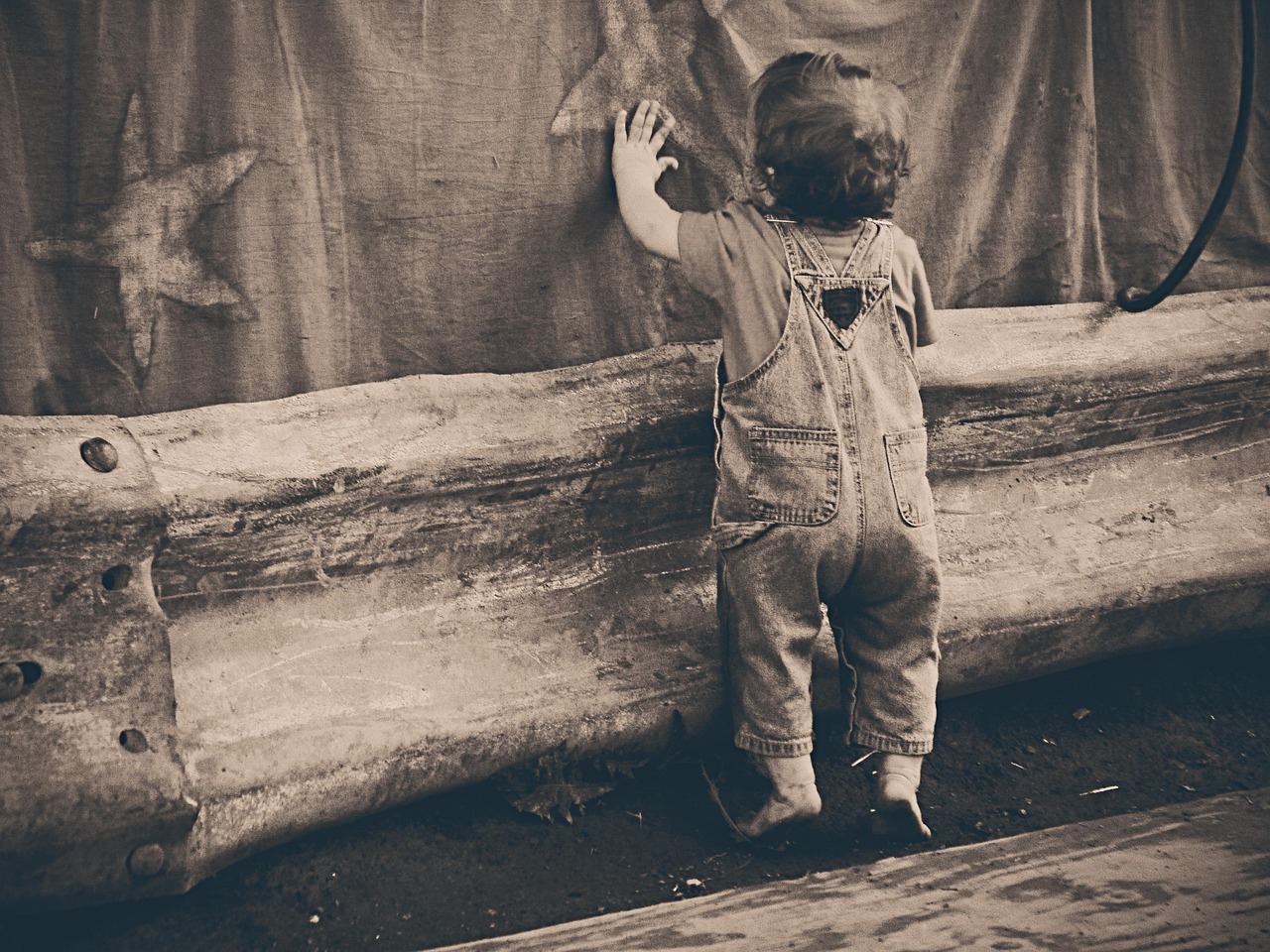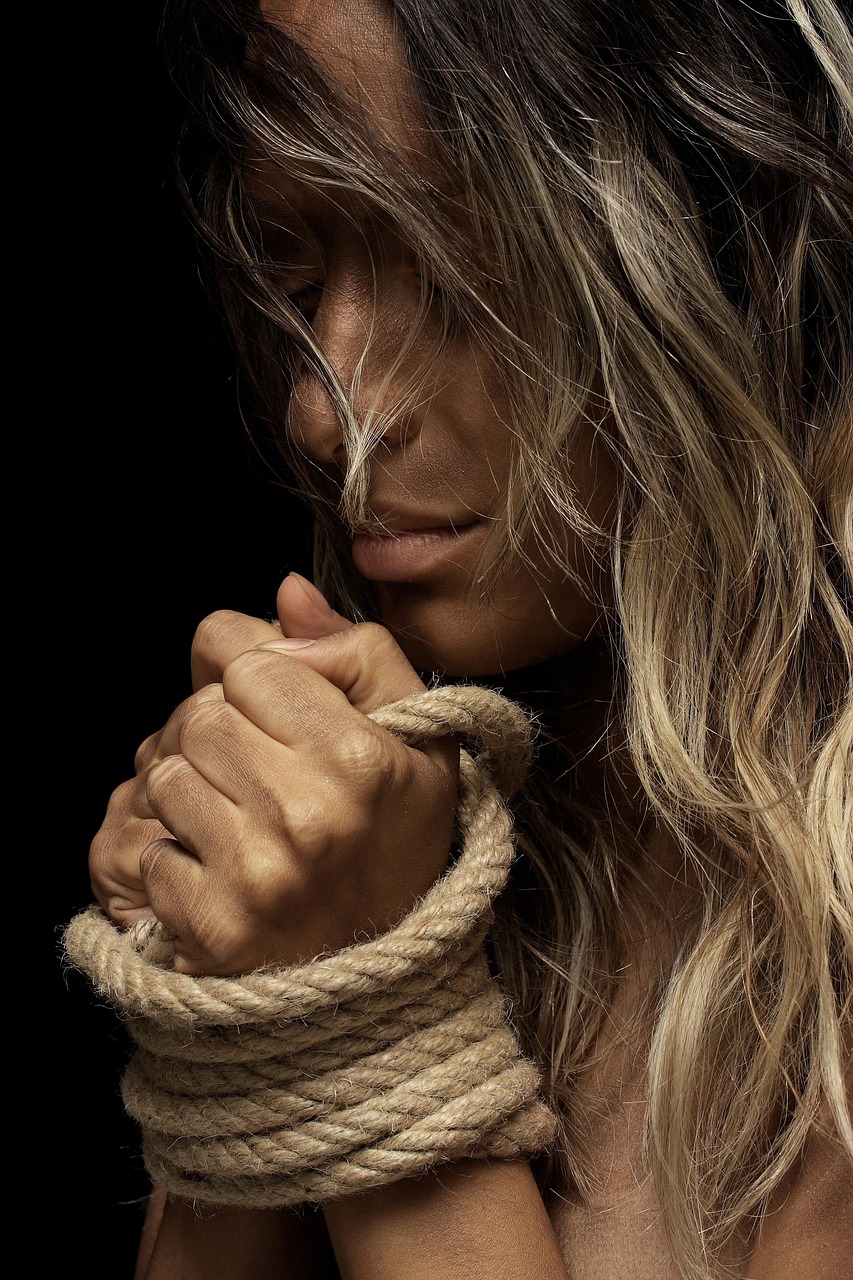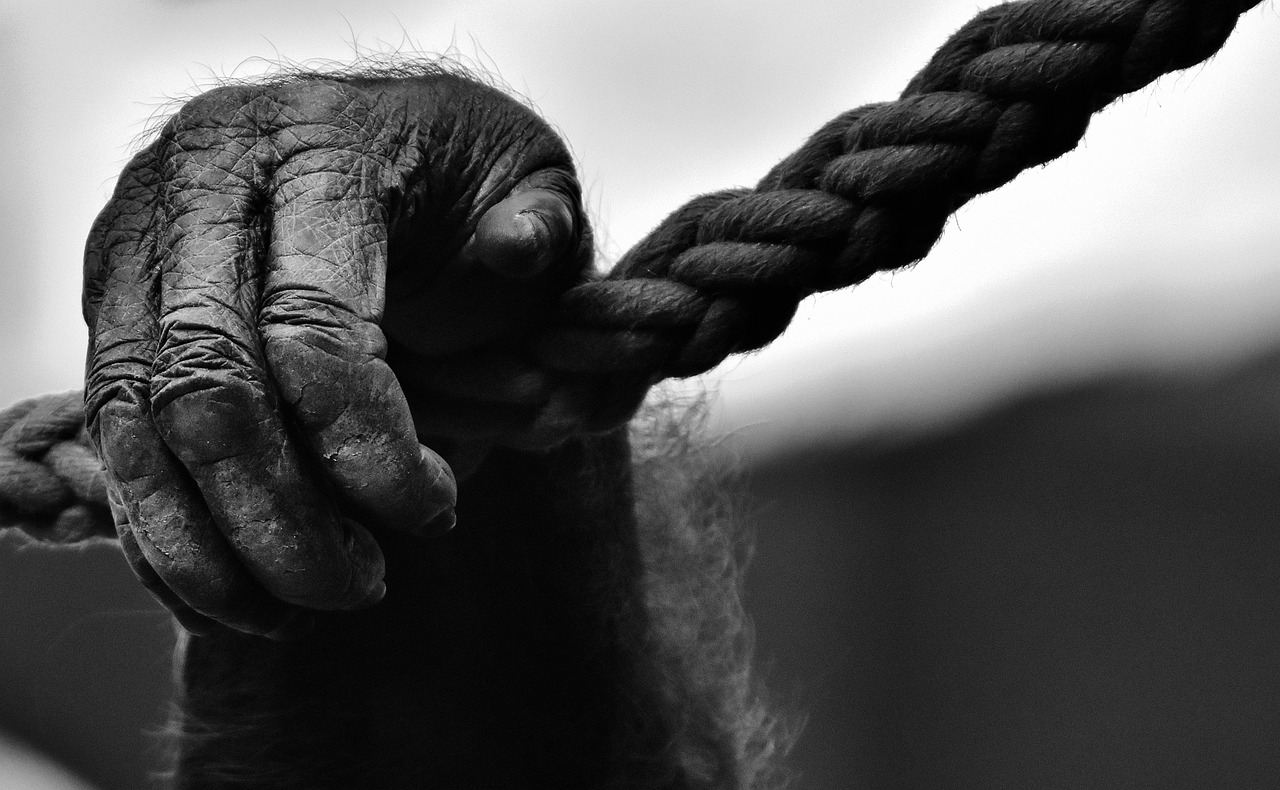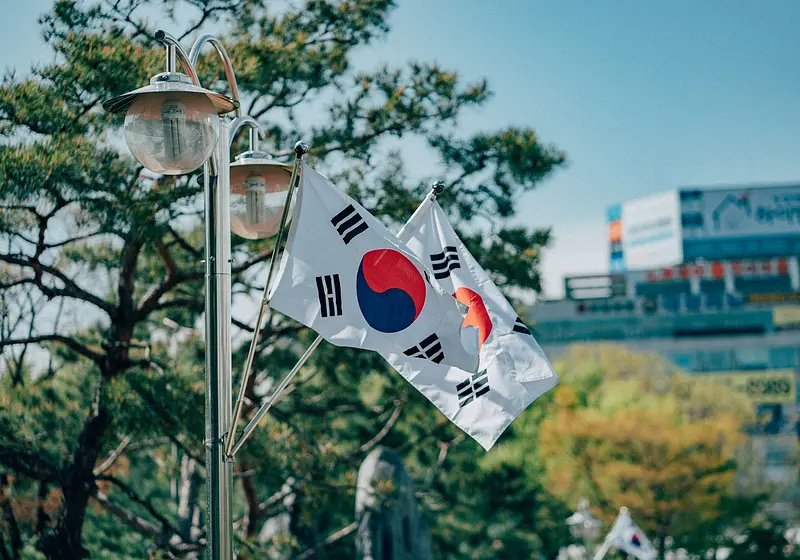In the haze of borrowed gold and wedding smoke, no one noticed her hands shaking.
She was twelve.
As the wedding attendees toasted champagne, celebrating, Fatima stared at her hands, unable to lift her eyes towards the man she was told to call her husband. He was thirty-two.
This isn’t an anomaly, but a global epidemic. Before the age of 18, twelve million girls are married every year. Some may be nine.
Many never return to school. Most are never asked if they want this life.
Child marriage doesn’t just steal childhoods–it is a form of slavery dressed up in tradition.
Let us slide into your dms 🥰
Get notified of top trending articles like this one every week! (we won't spam you)Beneath the Veil: The Hidden Chains:
Around the world from dusty courtrooms in the United States to the city slums in Bangladesh to economically struggling villages in Niger, young girls are constantly being handed over–under threat, underage, under duress. Marriage within these cases is far from a union–they're a sentence.
Behind closed doors, child brides face forced pregnancy, abuse, and relentless control over their bodies. According to the United Nations Fund, girls aged from 10-14 are five times more likely to die from childbirth than women in their twenties. Yet, they are forced into motherhood before they even understand menstruation.
From the UNHCR, one survivor states, “I was married at 13. I tried to run, but my father said, ‘You belong to him now.’ I bled for days after the wedding night. I thought I was dying.”
She wasn’t dying. She was beginning the life they’d chosen for her.


Take the Quiz: Which Squid Game Player Are You?
Ever wondered which player you’d be if you found yourself in the Squid Game universe? Take this quiz to find out which character matches your perso...
When the Law Looks the Other Way:
The gruesome reality goes against the legal obligations of how most countries prohibit marriage under 18. In countries such as Yemen, Sudan, and parts of Latin America, exceptions are made “with parental consent” through religious or customary law. In the United States, child marriages are still legal in 40 states.
Let that sink in: In the land that many internationals and immigrants might perceive as “the land of the free”, thousands of young girls are legally trapped in adult marriages—often with no right to divorce, no way to escape, and no help from the system that claimed to protect them.
There aren’t any loopholes. They are escape hatches for abusers, not the victims.
Not Culture. Not Custom. Just Cruelty.
We need to stop calling child marriage a cultural tradition. Culture should never be a cover for violence. No celebration justifies a contract that robs a girl of her education, her freedom, and her voice.
This was never about a wedding dress, but consent. Control. Power.
Child marriage is institutionalized trafficking. It is gender-based violence. And when we toptoe around it, out of fear of being “insensitive” to various norms for different cultures, we protect the oppressors.
In truth, there is nothing traditional about trauma.

Global Complicity, Silent Endorsement
How does this continue?
Because silence is easy.
Because we’ve normalized the idea that girlhood is a thing to be auctioned off or erased. Because girls are told to be quiet.
However, many of us don’t see the girls. We see statistics. Numbers. Foreign headlines.
But child marriage isn’t far away. It’s in rural farmland, in refugee camps, in broken court systems. It is here. And happening every moment.

What can We Do?
We start by listening to survivors. Believing them. Amplifying them.
We challenge laws that allow marriage under 18—no exceptions. We demand access to education and reproductive healthcare. We support grassroots organizations like Girls Not Brides, Tostan, and Equality Now.
And we stop romanticizing weddings where the bride still carries a lunchbox in her backpack.
Change starts when we call this what it is: slavery, not ceremony. A crisis, not a custom.
And if you’re reading this, you’re already part of that change.
Because awareness isn’t passive—it’s powerful. It’s the beginning of a revolution.









